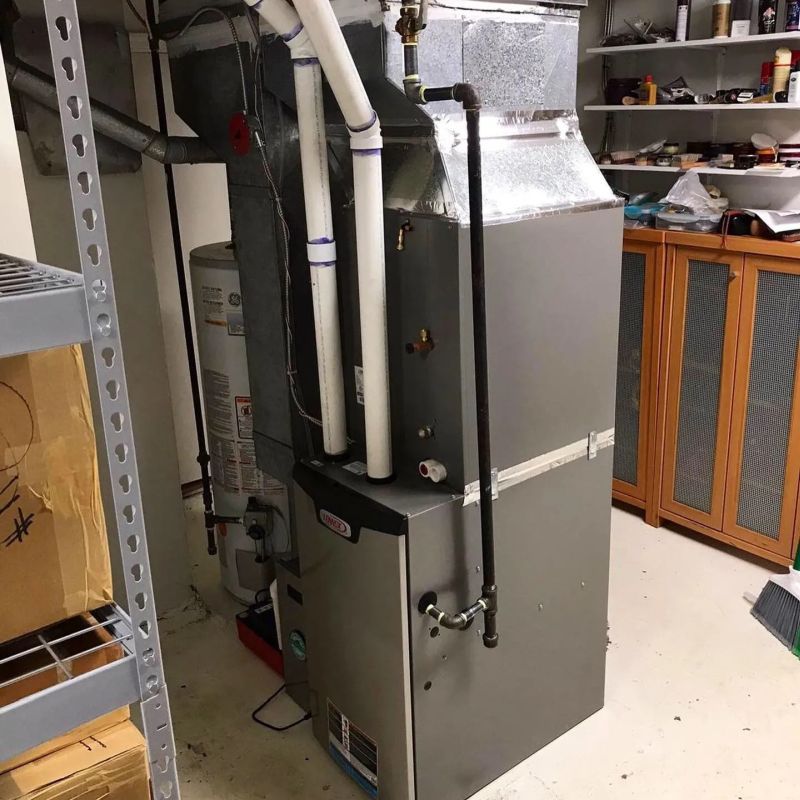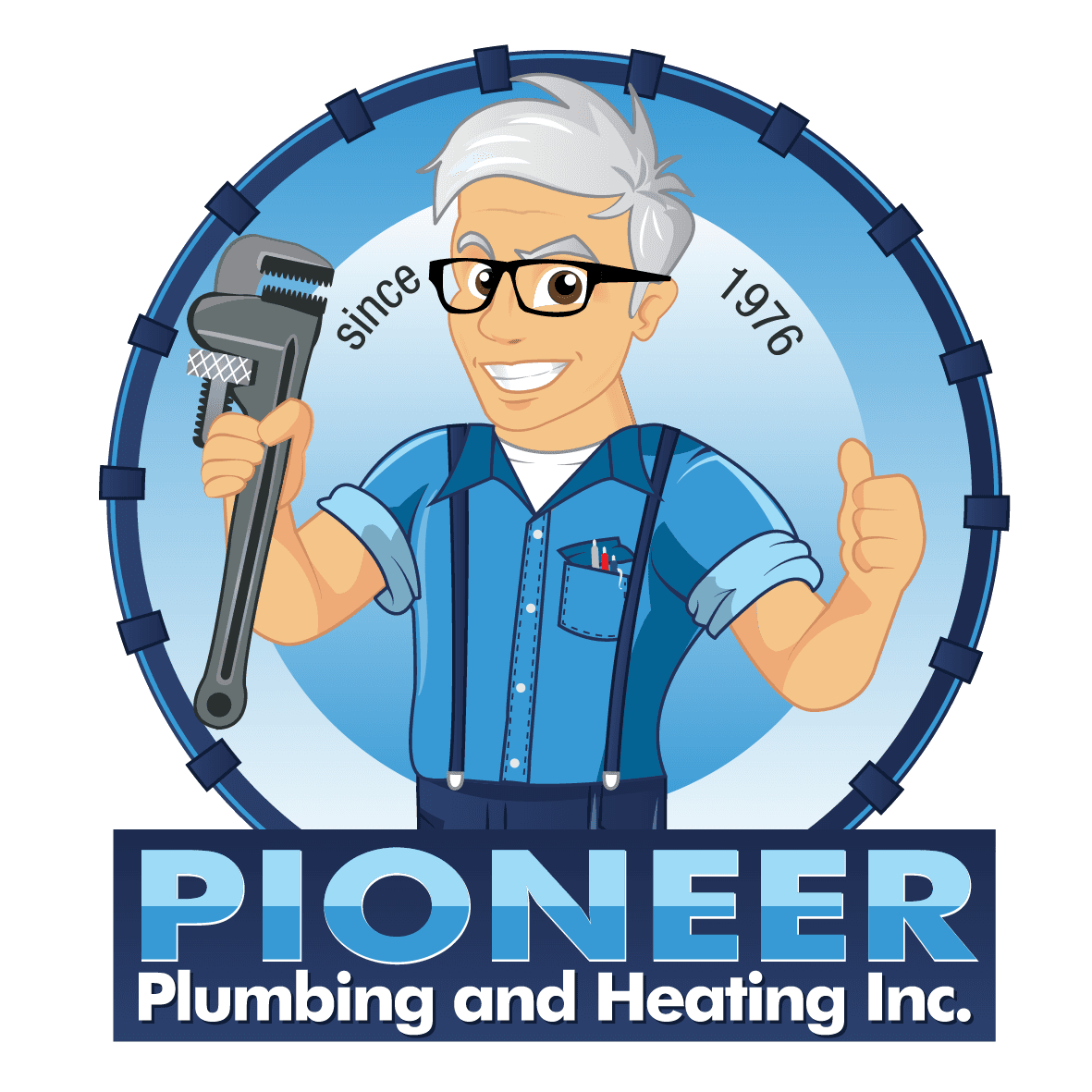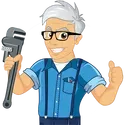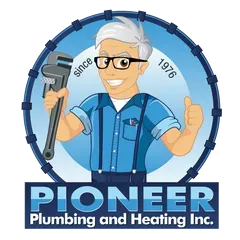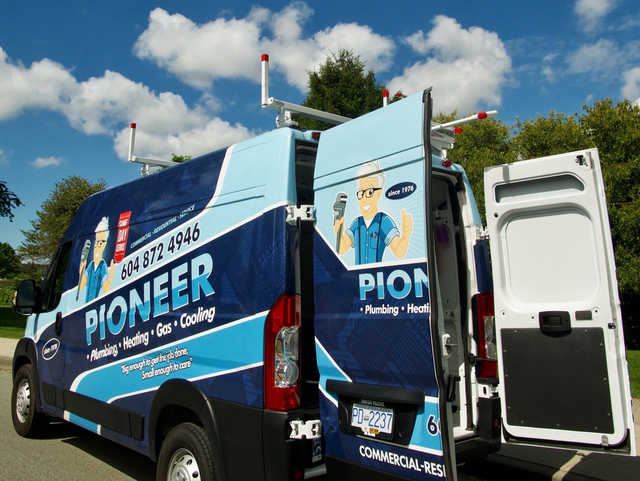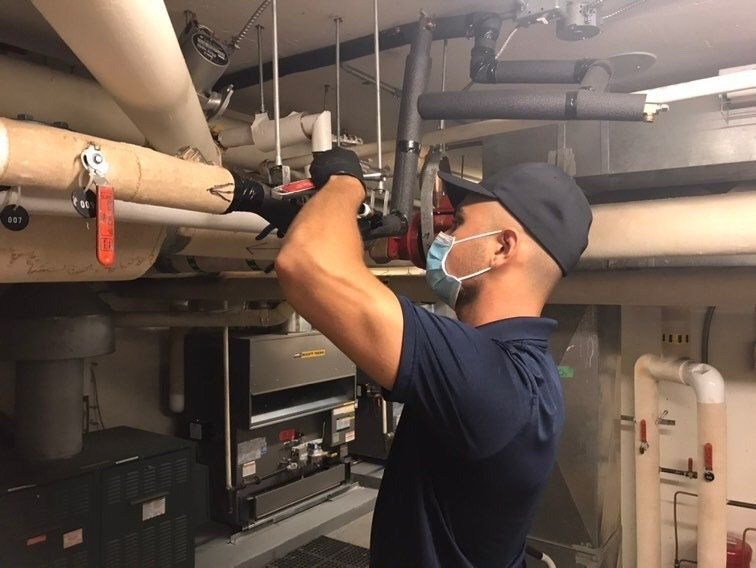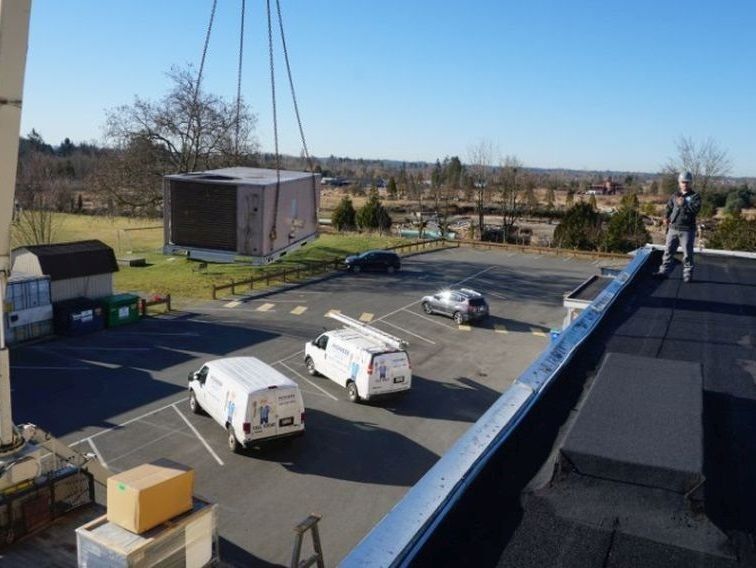Water Pressure In Burnaby
Water pressure is measured in pounds per square inch (psi) and used as a safety measurement in plumbing systems. Gravity alone can push water flow beyond normal water pressure, so in communities directly below a water source it usually needs to be regulated. Where water flows uphill, pumps are used to increase pressure.
It doesn’t take much pressure to deliver water to a tap. Hot water heating systems often operate at less than 20 psi. However, a higher flow rate is required for washing dishes, washing machines, or recommended residential water pressure is often adjusted between 50 and 80 psi.
Anything over 80 psi can damage a plumbing system, and in the lower mainland most homes are fitted with a pressure reducing valve to regulate that.
Water Flow Rate
Psi is not a measure of how much water is delivered. If you have ever put your thumb on the end of a garden hose to make a spray, you are raising the water pressure in the hose allowing it to shoot further, but the volume of water remains the same.
Flow rate is the amount of water that comes out of the tap at any given time. It is not only increased by water pressure, but also by the diameter of the pipe.
Pressure Reducing Valves
Municipal water pressure usually need to be higher than residential because of tall buildings and fire hydrants. In residential homes, a pressure reducing valve (PRV) is used for lower mainland water pressure to a safe level for the fixtures and appliances.
A PRV is most often located right after the main home water valve. PRV’s are adjustable so the water pressure can be set-up correctly for the home. Household water pressure greater than 80 psi could harm fixtures and appliances so it is best to leave adjustments to a professional.
DIY
A common test for water pressure is to run as many fixtures as possible at the same time and then test if showers still work to your satisfaction. If you are moving into an older home from a newer one, you may need to get used to a more sensitive water supply.
Putting it Together
High water pressure in a small diameter pipe will increase water speed, but do nothing for volume. If you want to fill a bathtub quickly, a larger diameter pipe is required. The same water pressure through a narrower pipe will deliver much less water in the same amount of time.
In many older homes there is a noticeable decrease in water supply at the taps when two toilets or other taps are also turned on. You might think the water pressure is too low when it’s actually the volume of water going through an narrow pipe that is restricting things. Modern homes have 3/4 or 1 inch water supply lines which will deliver more water than the older 1/2 pipes.
Water pressure and flow rates are a puzzle for the average person to figure out. If you feel you are not getting enough water, think of calling us to help diagnose and adjust your plumbing system to meet your needs.
Stop Water Damage in Its Tracks
Plumbing problems often arise unexpectedly. A pipe springs a leak, or a fitting no longer holds its seal and water goes everywhere. Sometimes the problem is an undetected issue with an appliance or plumbing fixture itself. Regardless of the cause, no one wants a home with water damage. The result of this type of flood could be serious and with less water than many people expect.
The moment water begins to leak is not the time to call a plumber for help. The first step is to stop the flow, and that means shutting off the main water valve to the home. Many homeowners do not always know how to perform this step. If you are one of these people, here is what you need to do to protect your home from excessive household water pressure or old plumbing fittings.
Search For The Shut Off Valve Near The Leak
Turning off the main valve may not become needed if there is an obvious source of the leak. The valves to shut off plumbing to a specific item is typically close to the fixture. The toilet, bathroom and kitchen sinks, and clothes washers all have valves nearby in case of this type of emergency. Washing machines have two valves or levers. The valves are usually found behind the washer.
Look behind the toilet, on the floor under the tank, or near the toilet bowl to turn the water off to this fixture. In kitchens and bathrooms, the valves are almost always in the cabinets under the sinks. Sinks, like washing machines, may have two valves that you will need to turn off to stop the water. The two will usually be found next to each other.
How to Turn off the Main Water Valve
Always know where the main water valve is before a problem arises. Check along the perimeter of your home, in either the basement or on the ground floor in homes without a basement. The side of the house that faces the street is usually where the water shut-off is for houses that use municipal water. Look for the shut off where the water line enters the home from the street.
The valve could also be in a buried water meter box installed by the public works department. The installation of the boxes occurs at the edge of the property near the street. Homeowners that know where the box is can dig it up but may not be able to open it without the proper tools. Water meter boxes have a lid that uses a special key known as a meter key.
Sometimes the key is with the box. The keys are also sold at some hardware stores. If there is no way to get a key, it is often possible to access the box with a long, narrow screwdriver. If all these methods fail it may become necessary to call the public works office. The office will arrange for someone to come out and deal with the water supply.
City of Burnaby Water Works
For a little more detail on how and what the city of Burnaby does for local residents visit this page to read more about it.
Houses with private wells and pressure pumps have similar setups. You may find the valve in a utility box by the pump. The shut-off valve may also be at the house where the water lines run from the well or pump to the home. The valve could also be near the pressure tank. Usually, pressure tanks are inside the home and near the water heater. It is a good idea to turn off the electricity to the well pump at the same time.
Turn Valves Off
It takes only a second or two to turn off the water with a lever or valve. A long valve is known as a ball valve, and it is a lever that flips to stop the water flow. The lever is usually parallel to the water line when the water is on and sits at a right angle to the pipe when the water is shut off.
A valve with a round handle is a gate valve. Turn these types of valves clockwise to shut off the water. Turn the handle gently until the water flow ends. Do not try to force it further because the pressure could damage the handle.
Valves can stick when they have not been used for a long time. Do not try to use a wrench on the handle if it will not move. Instead, use the wrench to slightly loosen the stem nut just behind the valve. The slight loosening is usually enough to free up the movement of the valve so it will turn to the off position.
Clean Up The Mess
You will need to clean up once the flow of water stops. Mold starts to grow in as little as 24 hours and can spread throughout the home quickly. Any water left on the floor or under cabinets can seep into the walls and under flooring and lead to dangers like mold, mildew, and wood rot. Unfortunately, most insurance companies do not cover water damage unless the policyholder has flood insurance.
Contact a Plumber
Call us for an emergency visit when the main valve is the only way to stop the water. Be certain to mention to the plumber when they arrive that the water is still on in the home if shutting off a local valve solved the problem. Most plumbers will ask or check on their own before they begin any work, but the notification is an extra level of security for you.
Prevention
It is much easier to concentrate on the conversation and provide valuable information during a call or online chat with a plumbing company when water is not flooding your home. However, at Pioneer Plumbing , it is possible for us to help even during this emergency. If you do not know where the shutoff valve is or it does not seem to work, contact us or use our live pop-up chat feature to speak directly with someone for instant advice.
Municipal Water Pressure
A common problem we run into regarding water damage in the GVRD is excessive water pressure, usually due to a faulty back pressure valve. If you cannot remember the last time your water pressure was checked, it is worth a quick call to our office to discuss the situation.
Installing a new water pressure valve is inexpensive and the best way to protect your home or business from a flood. If you have ever witnessed a burst pipe you know how traumatic that situation can be. Image something like that happening when everyone is at work or away for a day or more, the damage you would return home to.
We like to suggest requesting a water pressure test anytime you invite a plumbing company to work on your property. The cost of maintaining correct water pressure is minuscule compared to the alternative.
One More Thing
In our experience we find that far too many homeowners in the lower mainland are unaware of the water pressure in their home. We often find excessive pressure when we test for this. The 15 minutes or so it takes to check the pressure in your home is well worth it. Call any time during business hours if you would like to have your water pressure tested in your home or office.
